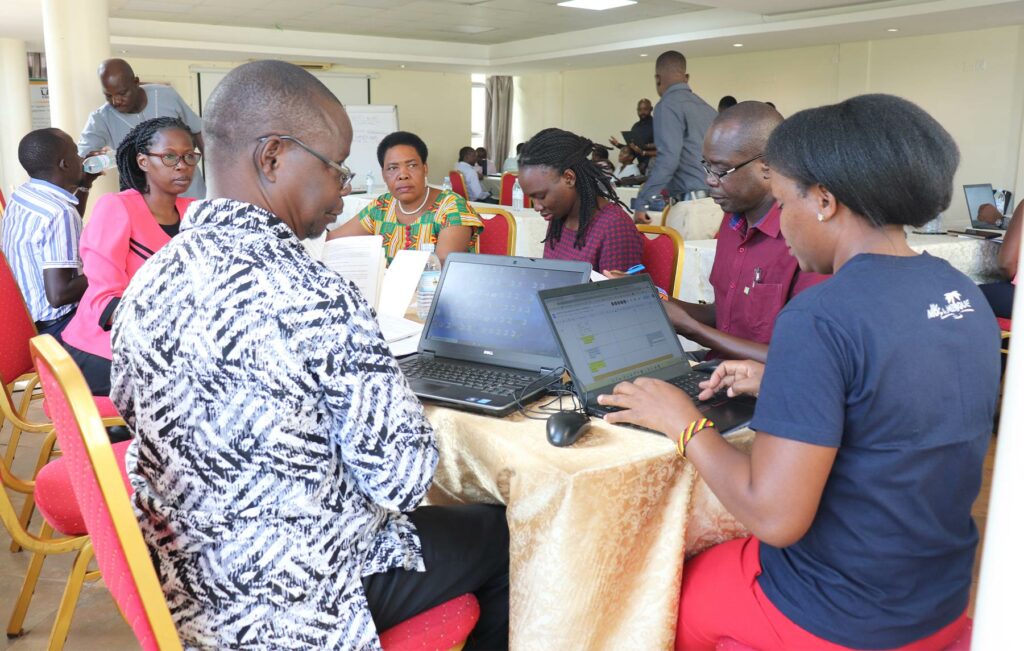
Under the auspices of the National Land Coalition with support from Food Rights Alliance, OXFAM Uganda and PELUM Uganda Land actors held a retreat for 2 days to make proposals to the amendment of the Land Act Cap 227.
The Land question in Uganda poses an outstanding and unresolved challenge to the citizens of Uganda and despite passing of some of the most progressive land legislation in the region has remained unsolved. Ugandans are facing myriad land governance challenges each with its own dynamic and impact on the common man.
Given the centrality of land in the lives of Ugandans; to most Ugandans land is the only asset that they own. it’s important that as a country we reflect on this crucial asset. Uganda is an agrarian country that relieves heavily on agriculture. The contribution of agriculture to the Uganda’s GDP is immense i.e. In FY 2021/22, agriculture accounted for about 24.1% of GDP, and 33% of export earnings. According to the UN’s Food and Agriculture Organization, Uganda’s fertile agricultural land has the potential to feed 200 million people. Eighty percent of Uganda’s land is arable but only 35% is being cultivated. UBOS estimates that about 70% of Uganda’s working population is employed in agriculture. ( Source: https://www.trade.gov/country-commercial-guides/uganda-agricultural-sector)
Despite the immense contribution of land to securing food security and ending malnutrition Ugandans are facing tenure insecurity. Tenure insecurity is often identified as one of the key causes of low agricultural production and productivity.
Therefore the 2 days retreat provided an opportunity for the land actors who were represented in their various capacity and diversity to make proposals on how the Land Act Cap 227 can be amended to solve the land governance challenges Ugandans are facing. During the meeting there was a general consensus that indeed there was need for amendment since some ambiguities in the Land Act Cap 227 was leaving Ugandans vulnerable to land conflicts, evictions and affecting land service delivery. Further representatives from the traditional institutions acknowledged that this was an important opportunity for them to make proposals to the Government on how customary land can be governed and managed.
Food Rights Alliance supported the 2 days retreat because this was a very important process to make proposals for the family farmers who are very crucial to our food systems but most times are vulnerable to the injustices and inequalities in the agri-food systems. Its our most utter hope that the proposals civil society make to the amendment of the Land Act Cap 227 are taken into consideration by the Government. This is because for us to make strides towards ending hunger and malnutrition there needs to be an enabling environment for all Ugandans to secure and enjoy their land rights.
By Freda Laura
Head of Programs
